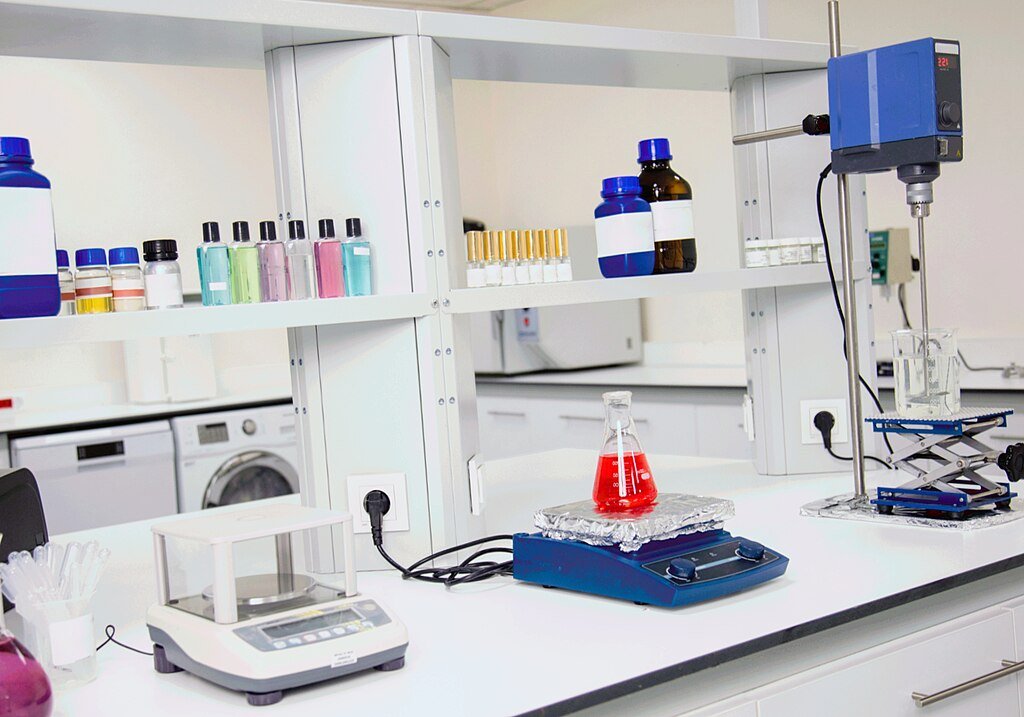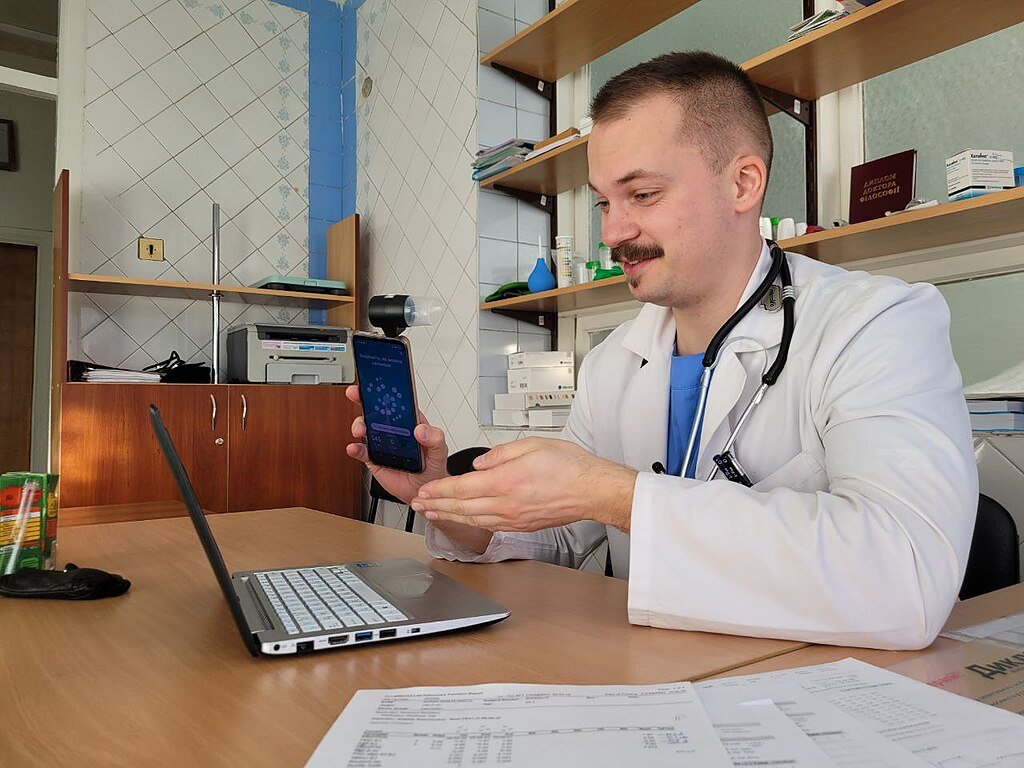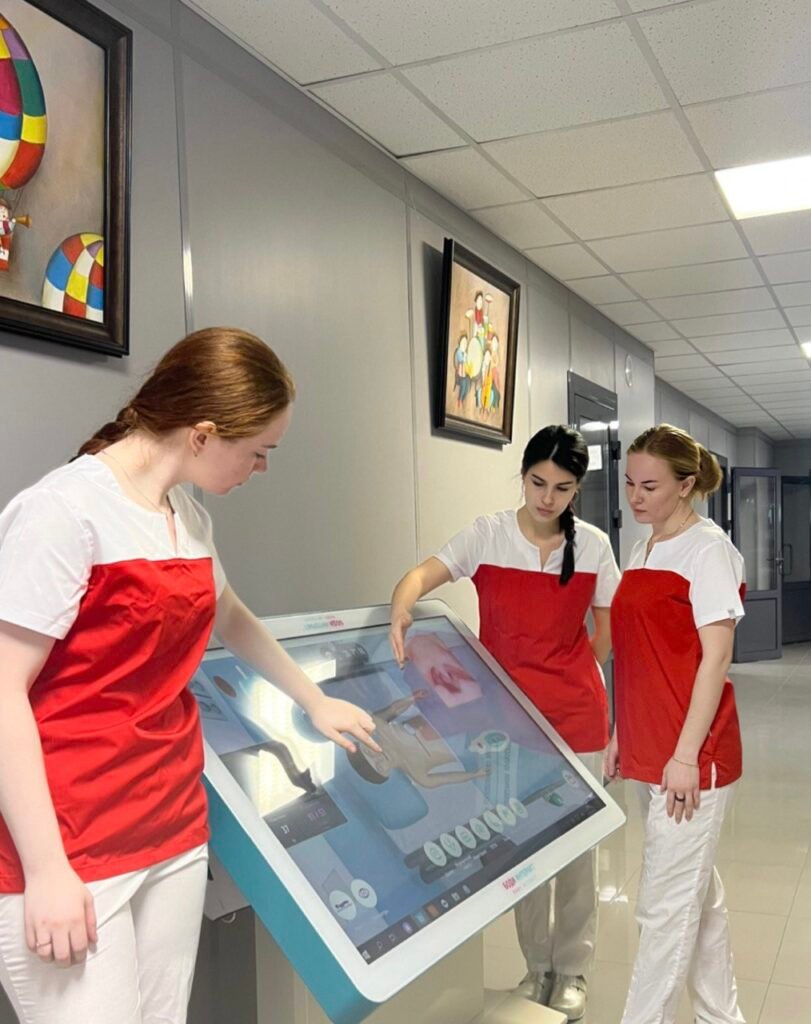The field of medicine is continually evolving, with researchers and scientists around the world striving to discover and implement technologies and therapies that improve healthcare outcomes. While many landmark innovations have garnered widespread attention, numerous others quietly work behind the scenes to shape the future of medicine. Here, we delve into seven lesser-known yet groundbreaking advancements that are poised to transform healthcare as we know it.
1. CRISPR and Gene Editing

CRISPR, or Clustered Regularly Interspaced Short Palindromic Repeats, is a revolutionary gene-editing tool that has recently come to the forefront of medical research. This technology allows scientists to accurately alter DNA sequences, making it possible to correct genetic defects, treat chronic illnesses, and prevent the onset of genetic diseases. While still in its infancy in terms of clinical application, CRISPR holds the potential to cure inherited disorders and even eradicate certain diseases altogether.
2. Telemedicine Advancements

Telemedicine has been around for a while, but the COVID-19 pandemic accelerated its development and adoption. Recent advancements in telehealth technologies are bridging the gap between patients and healthcare providers, making access to medical care more convenient and efficient. Innovations such as remote patient monitoring and virtual clinical trials are now more robust, offering high-quality care while reducing the need for in-person visits, thus expanding healthcare accessibility to remote and underserved areas.
3. Personalized Medicine

Personalized medicine, also known as precision medicine, tailors healthcare decisions and treatments to individual patients based on their genetic makeup, environment, and lifestyle. This innovative approach allows for more effective and targeted therapies, reducing the trial-and-error nature of traditional treatments. By leveraging data analytics and genetic information, personalized medicine is revolutionizing how diseases like cancer are treated and managed.
4. Artificial Intelligence in Diagnostics

Artificial Intelligence (AI) is making significant strides in the medical diagnostics field. AI-powered algorithms can analyze medical images, laboratory results, and patient records with remarkable accuracy and speed, challenging traditional diagnostic methods. These technologies help detect diseases like breast cancer and diabetic retinopathy at early stages, ultimately improving patient outcomes. As AI continues to develop, its ability to learn and enhance diagnostic precision will only increase.
5. 3D Printing of Medical Devices and Organs

3D printing is transforming the production of medical devices, prosthetics, and even human tissues. This technology enables the creation of patient-specific implants and prostheses that fit the unique anatomy of an individual, improving comfort and effectiveness. Additionally, researchers are exploring the possibility of bioprinting organs, which could one day address the shortage of organ donors and save countless lives.
6. Nanotechnology in Medicine

Nanotechnology, which manipulates matter on an atomic and molecular scale, has introduced revolutionary changes in medicine. Nanomedicine applications include drug delivery systems that precisely target diseased cells, minimizing side effects and improving treatment efficacy. Furthermore, nanosensors are being developed to detect diseases at very early stages, potentially providing opportunities for early intervention and improved prognoses.
7. Wearable Health Technology

The rise of wearable health technology is redefining how we monitor and maintain health. Devices like smartwatches and fitness trackers collect real-time data on physical activity, heart rate, sleep patterns, and more, empowering individuals to take charge of their health. These gadgets can detect irregularities and alert users to potential health issues, enabling timely medical intervention and promoting overall well-being.
In conclusion, these seven innovations are just a glimpse into the vast and dynamic landscape of modern medicine. As technology continues to advance, these and other groundbreaking developments will play crucial roles in shaping a healthier future. By staying informed and embracing these innovations, we can look forward to significant improvements in medical care and patient outcomes, enhancing the quality of life for people around the world.




